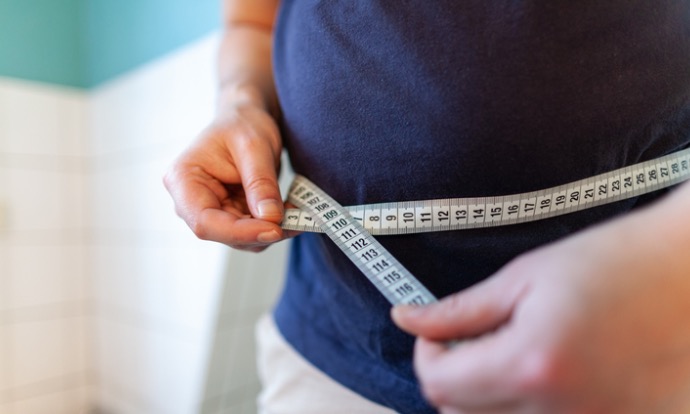
Obesity’s Effect on Joint and Spine Health
Obesity is a worldwide health concern associated with having an excess amount of body fat caused by both genetic and environmental factors. Most people know that obesity increases the risk of developing heart disease, diabetes, stroke, and sleep apnea. However, many people don’t consider the impact this extra weight has on their musculoskeletal system, including their bones, joints and muscles.
Obesity and Joint Damage
A joint is where two or more bones come together. Our joints allow us to move freely while walking, sitting, writing and even turning our heads. When joints become damaged or diseased, daily life can become challenging.
Some of the joints in the body are responsible for holding you up and supporting movement when you stand, walk, run and jump. These joints that carry your full body weight are called “weight-bearing joints.” The primary weight-bearing joints are the ankles, knees and hips. The joints of the feet, pelvis and low back and spine are also weight-bearing.
Osteoarthritis (OA) is the most common type of joint disease in the world and generally develops due to wear and tear. However, those joints that bear more weight are more susceptible because of the mechanical force placed on them.
Excess weight also puts pressure on the tendons, or connecting tissue around the joints. A tendon is a thick, flexible cord of tissue that attaches muscle to bone and helps muscles move bones. With this extra pressure placed on the joints from excess weight, the tendon may become inflamed, resulting in “tendonitis.” Tendonitis can cause tenderness and pain in areas around a joint and can last for days or longer.
Obesity and Spine Health
Being overweight or obese can significantly contribute to back pain and spine damage. The spine serves as a pillar to support the body’s weight and to protect the spinal cord. There are three natural curves in the spine that give it an “S” shape. These curves help the spine withstand great amounts of stress by providing more even distribution of body weight.
When you carry excess weight, the spinal discs compensate for that pressure, which may lead them to become herniated, causing sciatica. Excess weight can also add strain to back muscles and ligaments. Over time, the spine can become tilted and develop an unnatural curvature, causing chronic back pain.
At Rejuvinix, our physicians are committed to more than just treating your symptoms. We strongly believe that each individual is best served through an integrative treatment plan. We focus on finding the underlying cause and providing non-surgical solutions tailored to your specific condition and needs. If you are experiencing joint or back pain, schedule your no-cost consultation to learn more about our minimally-invasive treatments.
